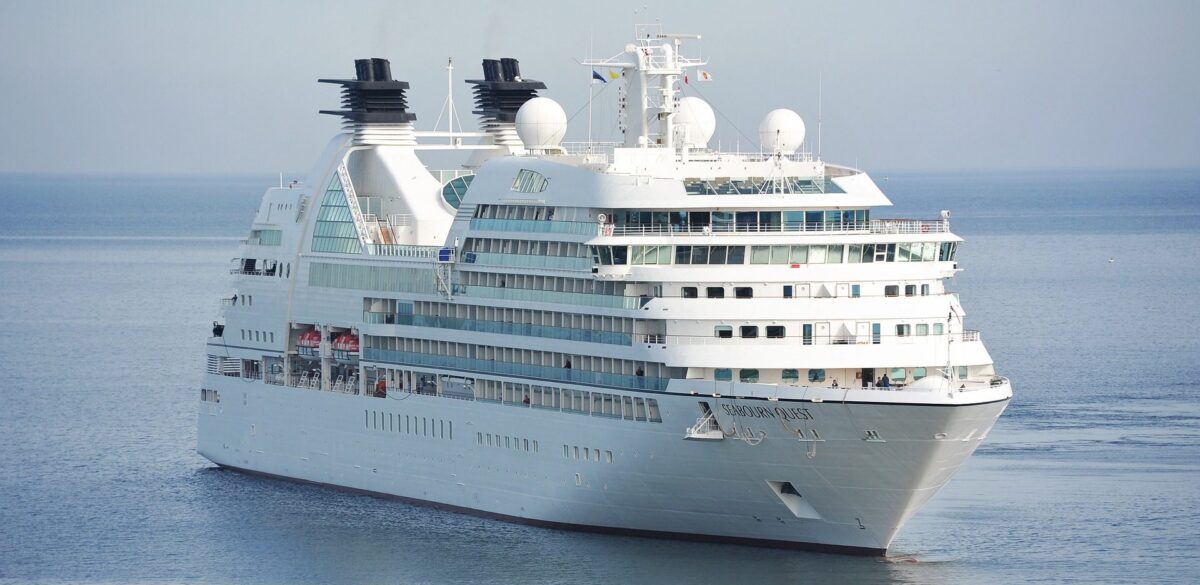By Priscilla Sidey
Moore v Scenic Tours Pty Ltd Case Analysis
This matter concerns a breach of contract for provision of services, namely failing to provide a pleasant and relaxing holiday and causing disappointment and distress to Mr Moore (“the Plaintiff”) and his wife during a European river cruise supplied by Scenic Tours Pty Ltd (“the Defendant”).
Background
The Plaintiff and his wife booked a holiday cruise tour of Europe with the Defendant after considering the Defendant’s brochure advertising “a once in a lifetime cruise” in “all inclusive luxury”. The Plaintiff believed the holiday cruise would be suitable and meet his needs, given his condition following spinal surgery and having difficulty sitting for long periods of time.
The cruise tour commenced on 31 May 2013 in Paris and was disrupted by adverse weather conditions, prompting the Defendant to substitute 10 days of the itinerary by way of cruise ship travel with only three days and the balance travel by bus.
The Supreme Court
The Plaintiff brought proceedings commenced in the Supreme Court of NSW (“the Court”) against the Defendant in a class action suit (together with approximately 1,500 passengers) alleging the Defendant ‘failed to exercise due care and skill in the supply of the tours.’
The Court was asked to consider the alleged breaches of guarantee committed by the Defendant and focussing on ss 60, 61(1) & 61(2) of the Australian Consumer Law (“ACL”), extending to the question of knowledge and whether the Defendant “knew or should have known” the prospects of the weather disruptions and yet chose not to cancel the cruise or inform the passengers, allowing them the opportunity to cancel, should they wish.
The Plaintiff sought compensation pursuant to:
- s 267(3), being the difference between the value of services provided and the price paid for the services; and
- s 267(4) for disappointment and distress on the basis that “loss and damage” of that kind was “reasonably foreseeable”, resulting from the Defendant’s breach of the consumer guarantee in s 60 of the ACL to supply services with due care and skill, inter alia.
The Defendant argued against the claims, citing s 275 of the ACL and s 16 Pt 2 of the Civil Liabilities Act (“CLA”) and alleging the claim under s 267(4) fell under the scope of s 16 of the CLA where claims relating to “personal injury” are precluded.
The Primary Judge (Garling J) gave judgment that although claims for damages for disappointment and distress is a claim for damages relating to injury to a person under s 16 of the CLA, damages should be awarded for the claim under s 267(4) because s 16 had ‘no application to loss suffered outside of New South Wales.’
The Court of Appeal
The matter subsequently proceeded to the Court of Appeal to be considered by Sackville A-JA, Payne JA and Barrett A-JA who determined that s 16 of the CLA did apply to loss sustained outside NSW, setting aside the award of damages for disappointment and distress.
The High Court Decision
The following issues were subsequently brought before the High Court:
- whether s 275 of the ACL ‘picked up and applied’ s 16 of the CLA ‘as a surrogate law of the Commonwealth; and
- whether damages for disappointment and distress constitute personal injury damages for non-economic loss?
The High Court held that the claim by the Plaintiff under s 267(4) for disappointment and distress “stands separately and apart from a claim for damages for disappointment and distress associated with physical injury” and is therefore not precluded by s 16 of the CLA.[1]
This conclusion was reached by reference to the authority held in Baltic Shipping Co v Dillon (1993) 176 CLR 344 (‘Baltic Shipping’) and distinguishing disappointment and distress occasioned by physical injury pursuant to Insight Vacations Pty Ltd v Young (2010) 78 NSWLR 641 (‘Insight Vacations’).
In reference to Baltic Shipping, the High Court cited:[2]
“[D]isappointment and distress ‘caused by the breach of a contract … the object of the contract being to provide pleasure or relaxation’ is a compensable head of loss separate and distinct from injured feelings compensable under the rubric of pain and suffering and loss of amenities of life associated with personal injury.”
With reference to Insight Vacations, the High Court cited Basten JA’s conclusion:[3]
“Sufficient for present purposes to conclude that elements of distress and disappointment resulting from the physical injury in the course of the holiday, would have warranted inclusion in an award of damages for non-economic loss under the general law in relation to negligence”.
Returning to the facts, the High Court distinguished the Plaintiff’s disappointment and distress was not occasioned by any physical injury (having made no claim to have suffered any physical injury or recognised psychiatric illness), by reason of his experience.[4]
Foulsham and Geddes notes that this article is written for the purpose of providing generalised information and not to provide specialised legal advice. If you require qualified legal advice on anything mentioned in this article, our experienced team of solicitors at Foulsham and Geddes are here to help. Please get in touch with us on 02 9232 8033 today to make an enquiry.
[1] Moore v Scenic Tours Pty Ltd [2020] HCA 17; 377 CLR 209, [57].
[2] Ibid [43].
[3] Ibid [53].
[4] Ibid [55].

